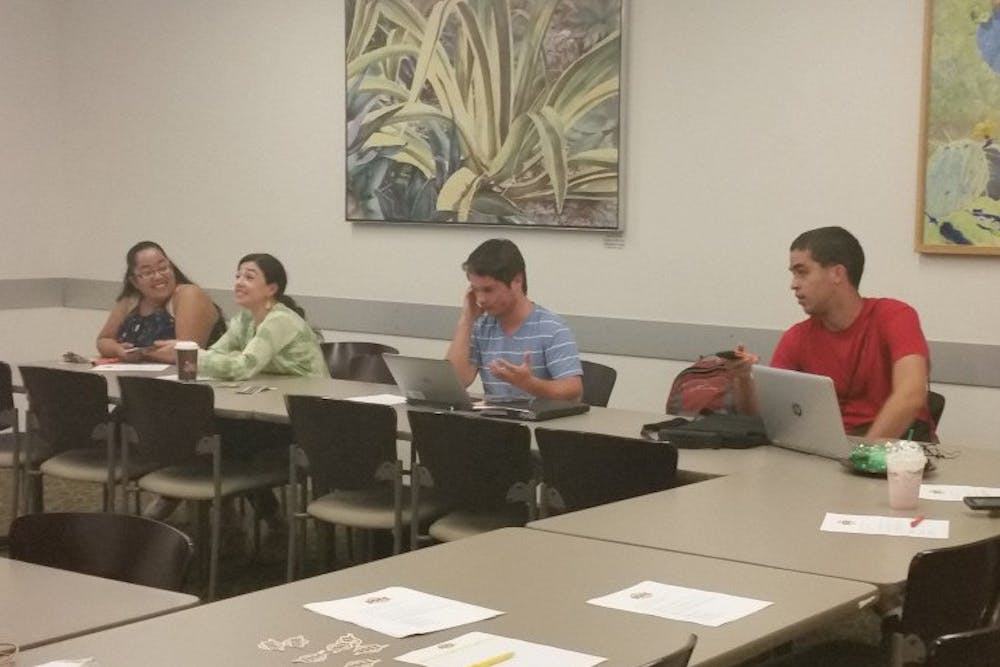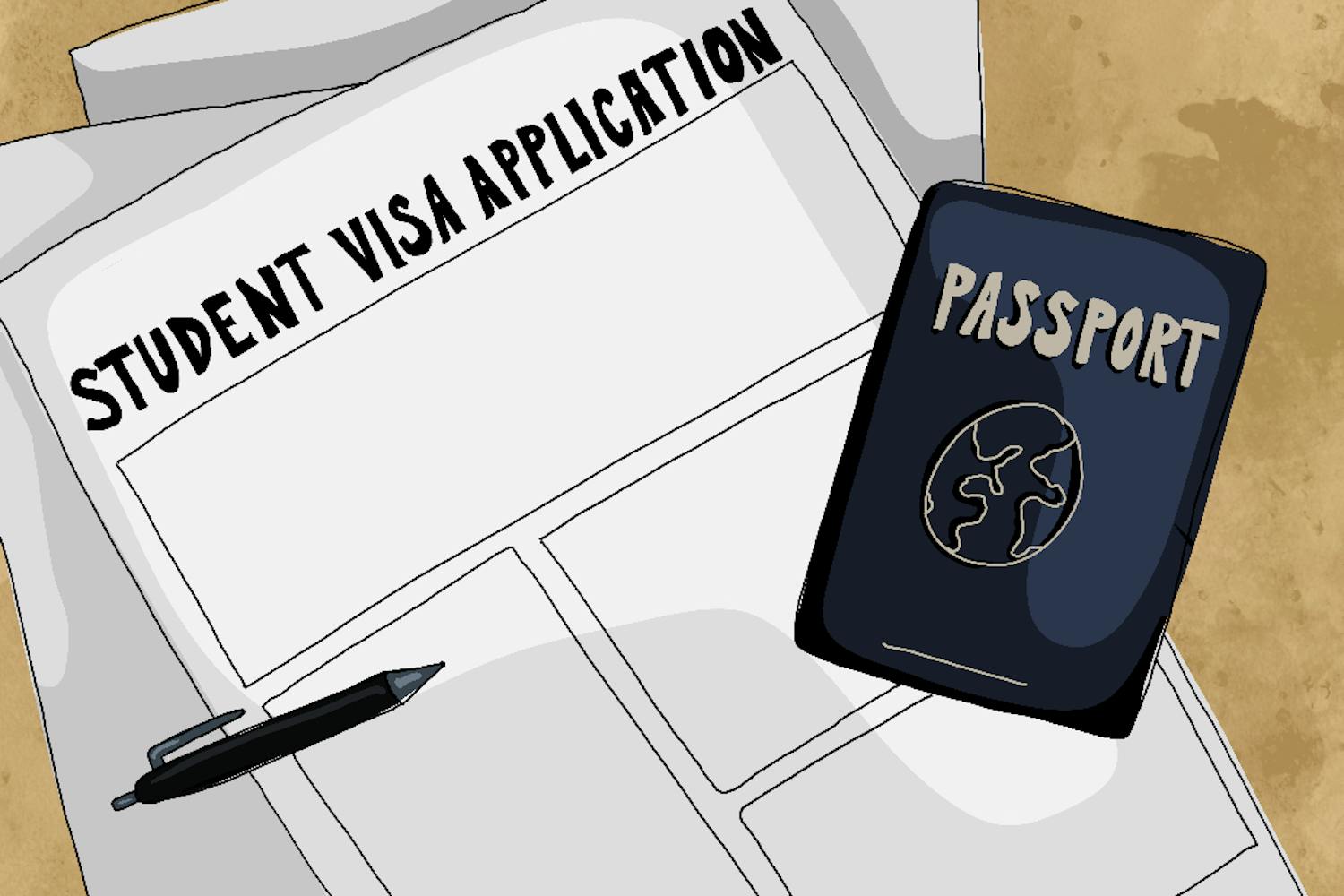In the wake of a growing support for undocumented DACA recipients, Arizona State University’s Undocumented Students for Education Equity club put together a phone bank on Oct. 19 to allow students and faculty to show their support for undocumented students currently attending ASU and elsewhere in the U.S.
The club was created by Deferred Action for Childhood Arrivals (DACA) recipients to advocate for legislation concerning undocumented immigrants. Now, their main priority is advocating for a clean DREAM Act.
A "clean" DREAM Act refers to a piece of legislation that would aid DACA recipients while not being tied to legislation that would make the lives of other undocumented immigrants more difficult.
“We don’t want it to be attached to things like more funding for border security or the criminalization of our parents," said Vasthy Lamadrid, a political science senior and member of USEE. "It’s important to us that by us getting a permanent solution we aren’t throwing our parents under the bus.”
Beyond calling congresspeople and senators to advocate for legislation, many people at the event shared their own stories involving the hardships of being an undocumented student.
“We’ve realized that stories are what is most impactful,” said Korina Iribe-Romo, a master's student in non-profit management and leadership at ASU and co-founder of USEE.
These stories allow people who aren’t aware of immigrants' struggles to humanize an issue that is at a critical stage right now.
Elizabeth Cantú, a program manager for entrepreneurship and innovation at ASU, said she hopes “people coming today can get an opportunity to meet (DACA students).”
“Sometimes we forget the human aspect of this, because we’re so involved in fear and limited understanding," she said.
Despite renewed urgency due to the impending end of DACA protections, the DREAM Act itself is not a new concept. Sens. Dick Durbin and Orrin Hatch introduced the DREAM Act to Congress for the first time in 2001.
Cantú said she believes that people live by story, making narrative an effective device to use when attempting to help people understand a perspective.
“I think that is what story is helpful for, it’s helpful for allowing our representatives to understand who it’s affecting," she said.
On Oct. 26 USEE will be hosting a march on ASU's Tempe campus in support of DACA recipients.
Reach the reporter at jospino@asu.edu or follow @joashospino on Twitter.
Like The State Press on Facebook and follow @statepress on Twitter.




